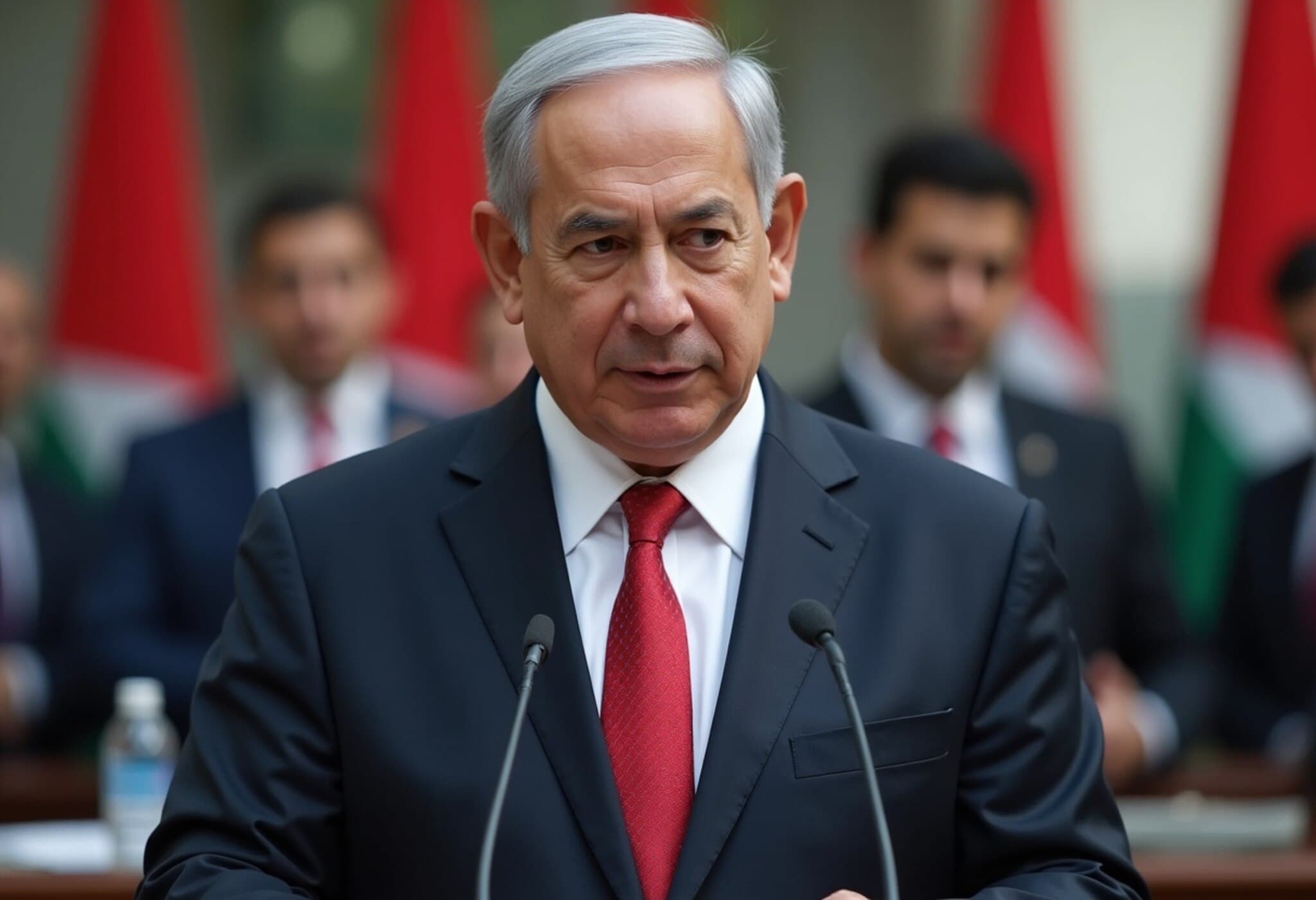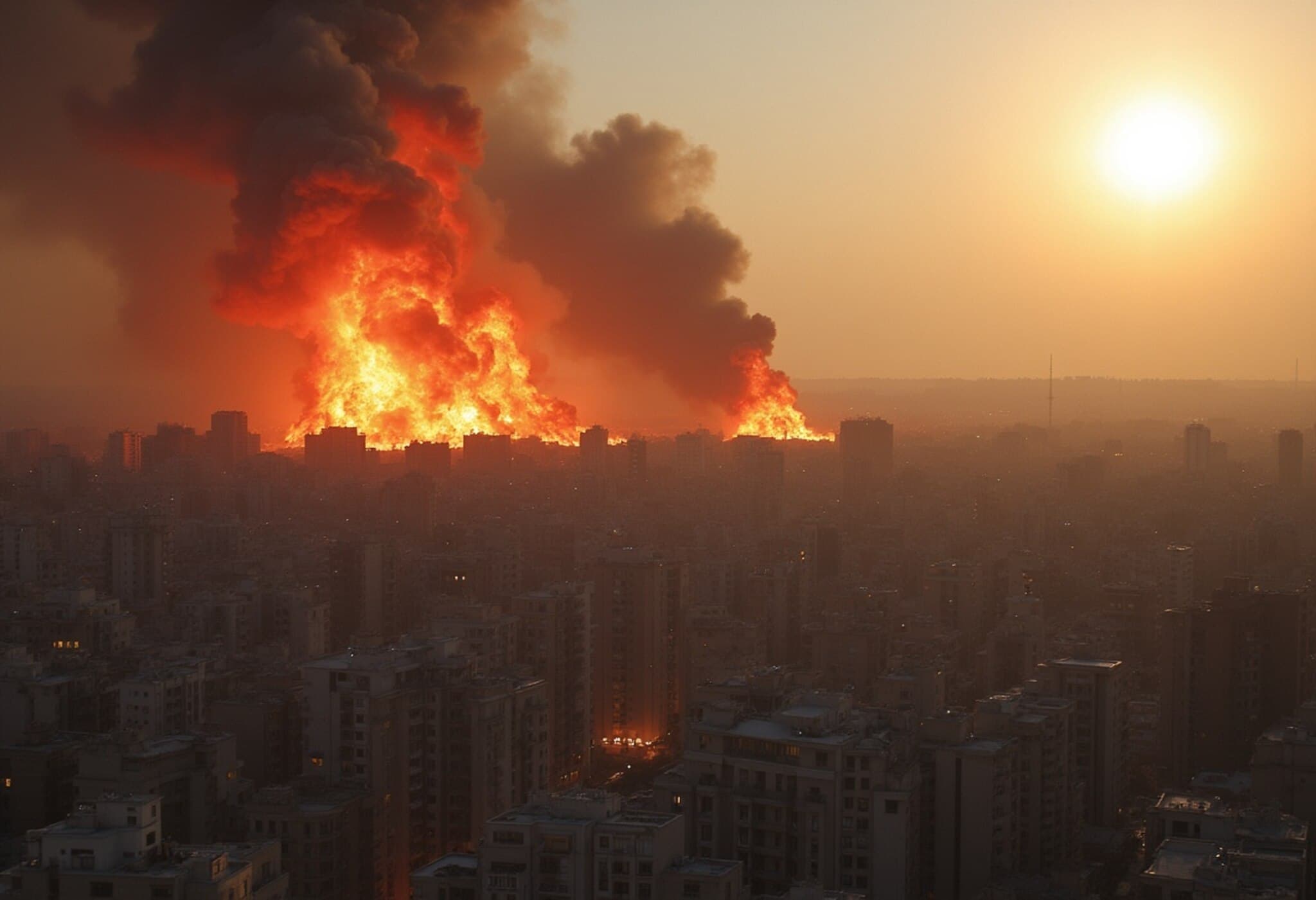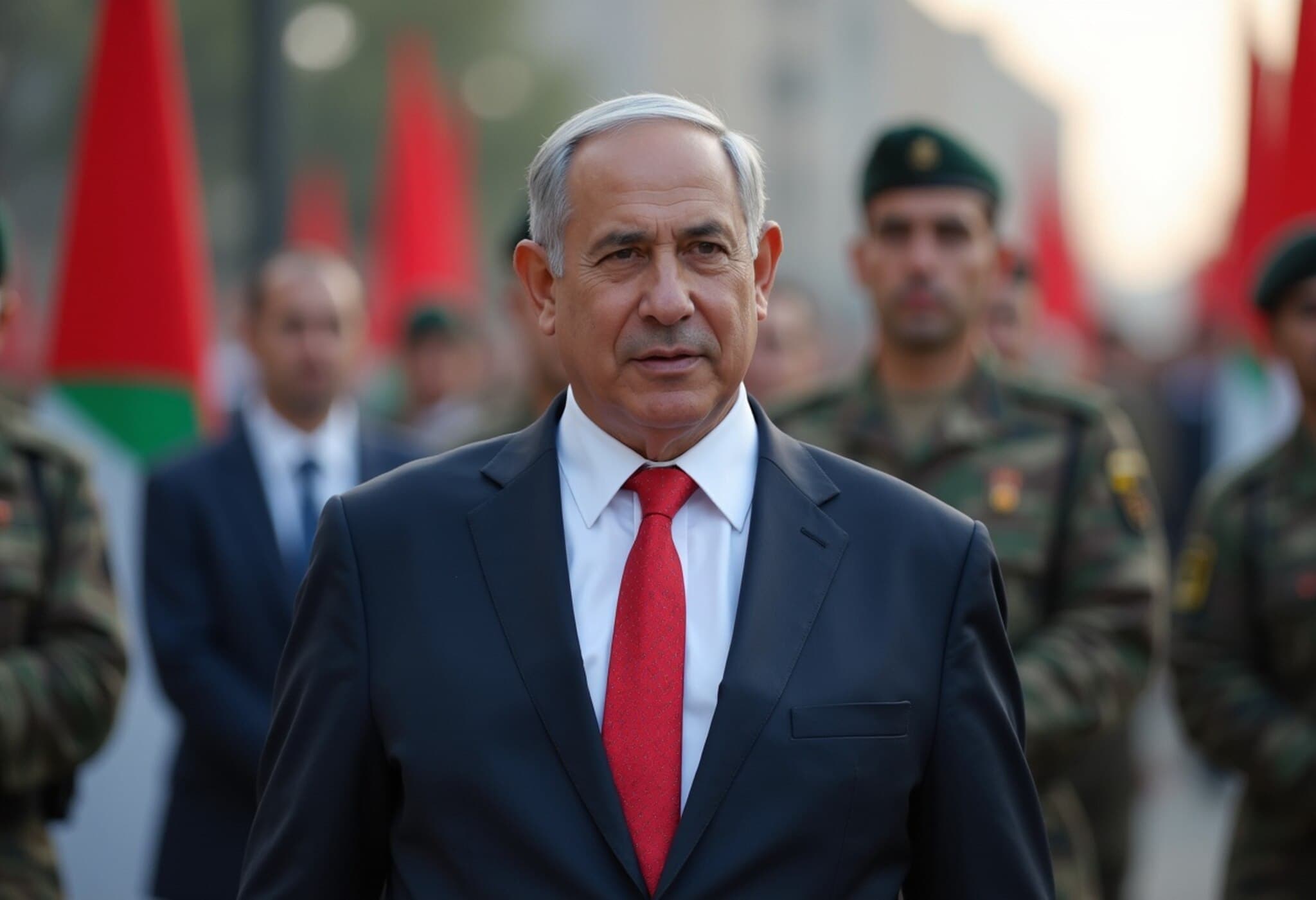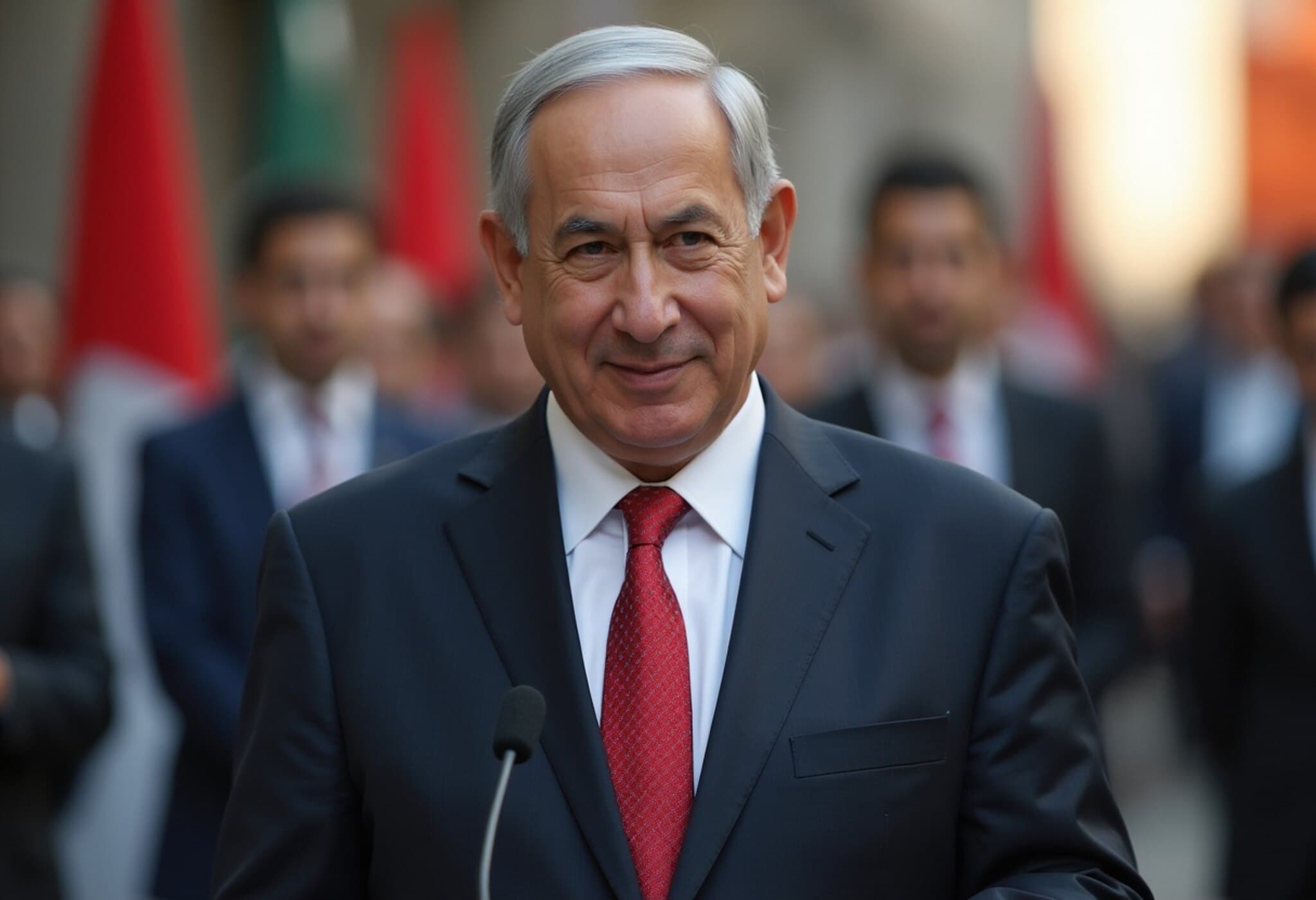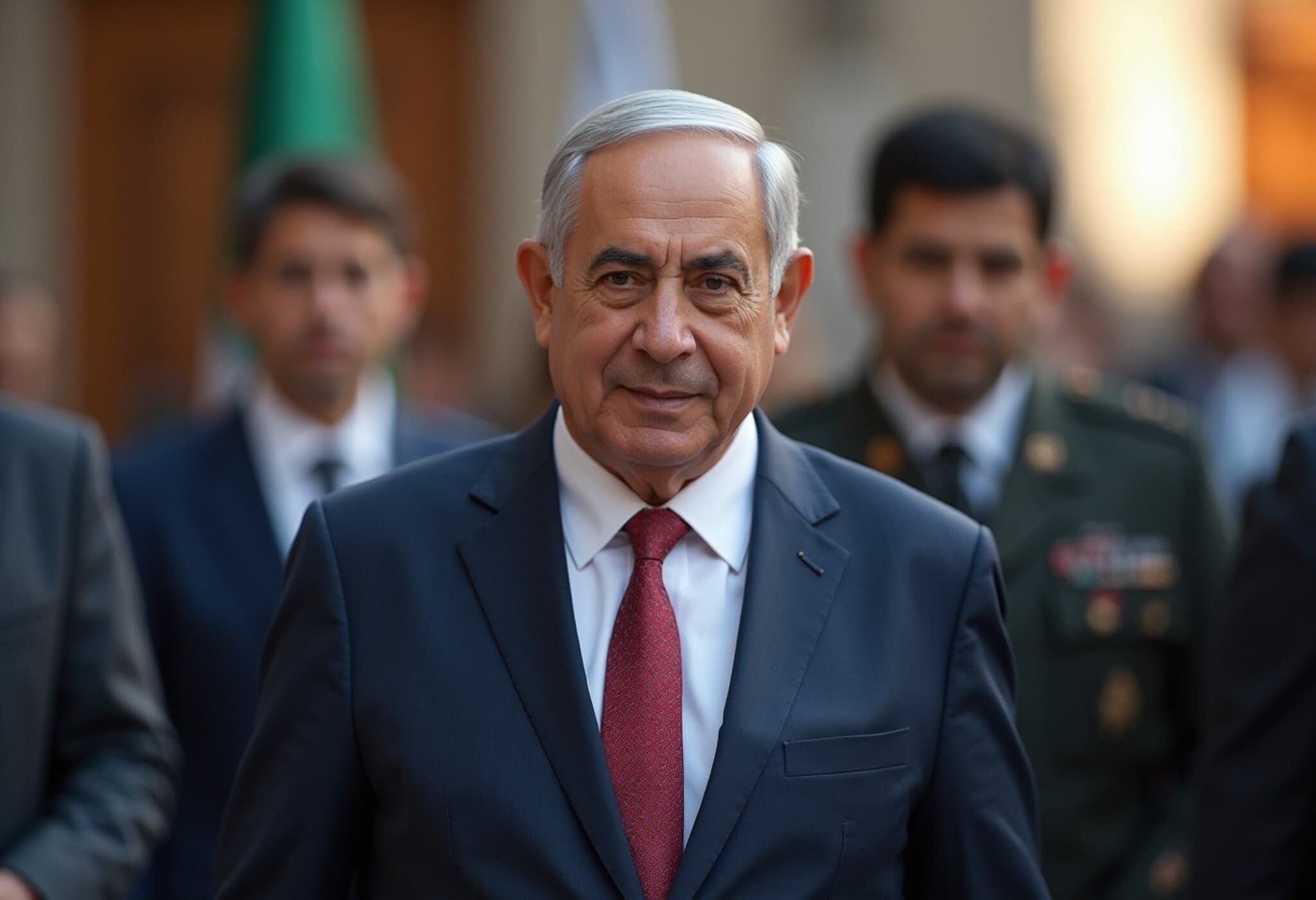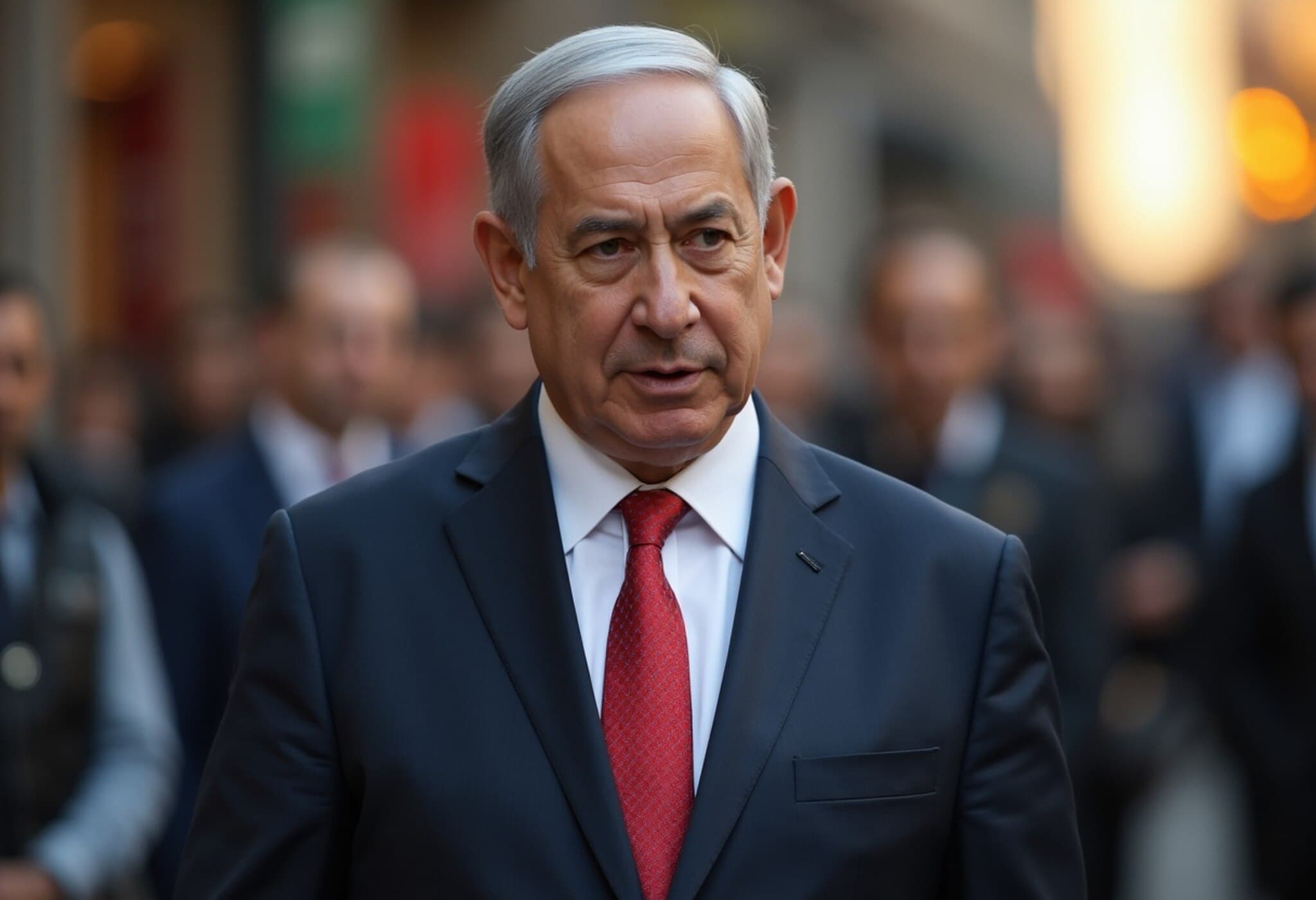Netanyahu Clarifies Gaza Policy: No Occupation, Civilian Administration Planned
On August 10, 2025, Israeli Prime Minister Benjamin Netanyahu delivered a crucial address outlining his government’s approach toward Gaza amid ongoing conflict. Rejecting notions of military occupation, Netanyahu emphasized a strategic vision prioritizing the establishment of a civilian administration unaffiliated with Hamas or the Palestinian Authority. This initiative aims to govern the Gaza Strip in a manner focused on liberation and stability rather than prolonged military control.
Key Announcements: Safe Corridors and Humanitarian Access
Netanyahu underscored the commitment to humanitarian principles by promising to create safe corridors to facilitate the passage and distribution of aid within Gaza. Such corridors are pivotal amid heightened tensions and the constant risk of civilian harm, offering a lifeline to meet urgent humanitarian needs while military operations continue.
Strategic Context: Ending the War Swiftly
Addressing the recently approved plan by Israel’s security cabinet concerning Gaza City operations, Netanyahu described this framework as both the quickest and most effective method to conclude the conflict. His exact words, “This is the best way to end the war and the best way to end it speedily,” highlight an urgency driven by both military objectives and international pressure.
Expert Analysis: The Challenges of Governance in Gaza
Netanyahu’s call for a civilian, Hamas-free administration in Gaza signals a complex challenge. While aiming to dismantle Hamas’s influence, the plan raises questions about who would effectively govern a region long shaped by deeply entrenched political factions and economic blockades.
Experts caution that establishing such an administration requires more than security operations; it demands sustainable political solutions and robust international cooperation to rebuild Gaza’s infrastructure and restore public trust.
American and Global Implications
- US Policy Angle: Given America’s historic role as a mediator and major military aid supplier to Israel, this shift may influence Washington’s legal and diplomatic posture, balancing support for Israel’s security with humanitarian accountability.
- Regional Stability: Neighboring countries and international bodies will watch closely, as changes in Gaza’s governance could either ease tensions or trigger new resistance, depending heavily on implementation strategies.
- Human Rights Concerns: The emphasis on safe aid corridors reflects awareness of global skepticism toward humanitarian access in conflict zones, a point that activists and NGOs have persistently highlighted.
Underreported Dimensions: What Lies Beyond Immediate Military Goals?
While Netanyahu’s rhetoric focuses on liberation and ending hostilities, less has been said about the post-conflict roadmap — including reconciliation efforts, economic revitalization, and the role of Palestinian civil society. Diverse voices within Gaza might challenge a unilateral Israeli-backed administration, underscoring the delicate balance between security and self-determination.
Conclusion
Prime Minister Netanyahu’s recent declarations mark a pivotal moment in Israel’s strategy toward Gaza — one that seeks to redefine governance under the shadow of conflict. The opaque line between military objectives and long-term peace efforts invites critical scrutiny from policymakers, experts, and civilians alike, who must all reckon with what a “Hamas-free” Gaza truly entails.
Editor’s Note:
Netanyahu’s plan opens significant questions about the feasibility of establishing a civilian government independent from longstanding political authorities within Gaza. Readers are encouraged to consider how such a shift could reshape not only regional dynamics but also the broader discourse on conflict resolution and humanitarian law. Will this new approach pave the way for lasting peace or deepen existing divisions? Ongoing developments demand close attention.

